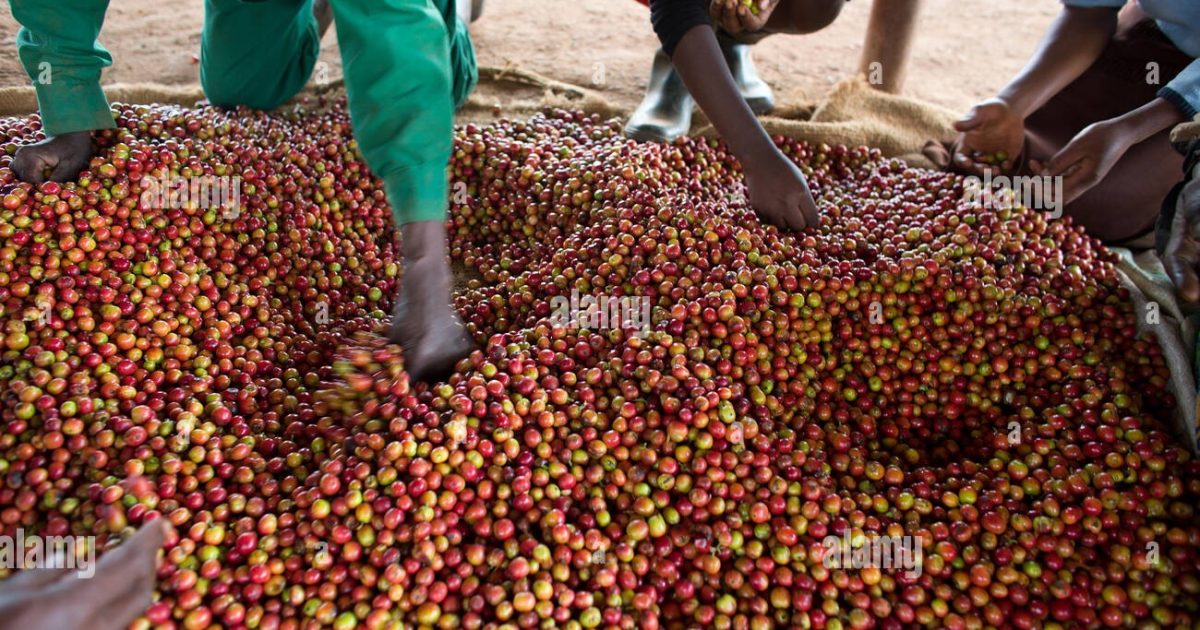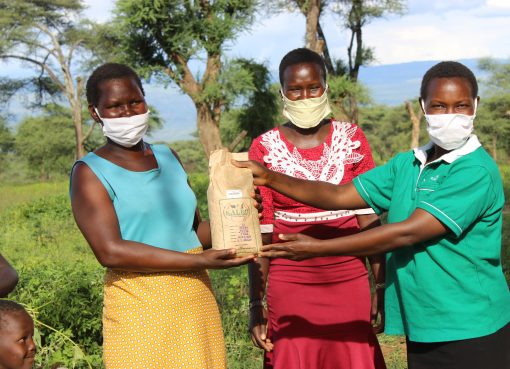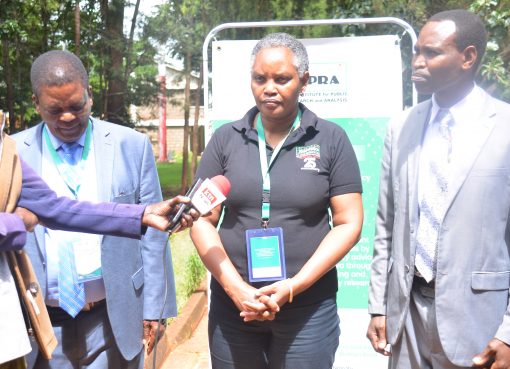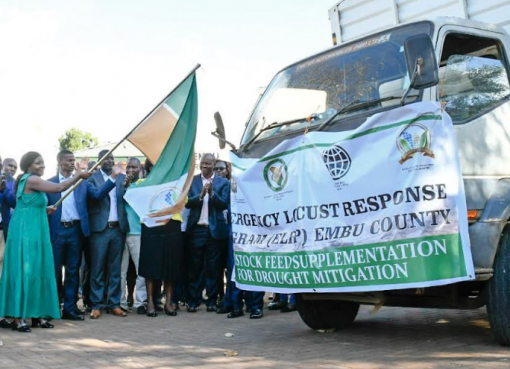The government will license primary farmers’ coffee cooperative societies as new agents to export Kenyan coffee.
This initiative, however, is likely to ignite a new business war with established both local and international companies.
Agriculture and Food Authority (AFA) board Chair, Cornelly Serem, said today that as part of the new dawn in the coffee subsector, the Government intends to permit primary coffee societies to market their produce directly to key segments of the international market.
Serem added that as an organisation, they will be working with County Governments as well as established farmer’s coffee cooperative societies to ensure they meet all the required regulations before allowing them to export their coffee.
“Having succeeded in licensing farmers associations as coffee brokers in the last few years, our next move is to register new agents to ship coffee overseas. Licensing primary coffee cooperative societies will help in reduction of cost of doing business and enhance income to farmers,” said Serem.
Most Kenyan coffee is exported by international coffee companies that have established subsidiaries locally.
For the last two years, the government, under a coffee reform agenda, has been reorganising the milling and marketing of Kenyan coffee as part of empowering local farmers.
The AFA Chair noted that some farmer coffee cooperative societies have managed to integrate their businesses as part of reducing costs and thus increasing farmers income in the development of the coffee industry in the country.
Serem, who made the remarks during the celebration of International Coffee Day in Kirinyaga, said, “We have coffee societies that have processing units, mills, and brokerage companies. Licensing agents to export the commodity will advance their profile both locally and internationally,” he added.
The Government, he confirmed, is fast tracking the reform agenda to ensure the industry is free of distortions by cartels and unscrupulous traders.
Kirinyaga County Co-operative Union Limited Chairman Geoffrey Munyagia confirmed that his organisation has made strides in terms of selling farmers coffee through the Nairobi Coffee Exchange (NCE).
The union has been selling its coffee through Kirinyaga Slopes Coffee Brokerage Company Limited, one of the 16 coffee brokers registered by the Capital Markets Authority (CMA) to market Kenyan coffee at NCE.
Since it was established in October 2023, the company has traded most of the coffee at NCE, with the clean beans fetching some of the highest prices at the auction.
By establishing its own mill, Munyagia confirmed the union has reduced milling costs by 5 per cent from 22 per cent to 17 per cent in the last one year.
“We decided to adopt the integrated business model following frustrations in the coffee arena by other local and international companies which could charge us exorbitantly in terms of transport and milling costs. Our next move is to register an agent for exporting our coffee to other segments in the international market. In this way, we stand to benefit a lot in terms of expenses that are charged to our coffee by exporting companies,” said Munyagia.
By mid-August this year, Kirinyaga Slopes had sold coffee worth $35, 737,558.64 (Sh4.6 billion) out of $167,029,940.10 (Sh21.5 billion), representing 21.43 per cent.
The chairman confirmed that out of the total coffee sold through the auction, out of 18 societies in the county paid over Sh100, with the highest paying almost Sh130.
Kirinyaga County Government CEC in Charge of Trade and Cooperatives, Calbert Njeru, hailed the coffee reforms being fast tracked by the national government, saying farmers’ stands to benefit enormously.
“The County Government is committed to supporting the local farmers as part of the creation of rural wealth,” said Njeru.
Two months ago, AFA outlined radical measures to streamline the coffee sector to safeguard the interests of the growers by directing all coffee dealers to obtain movement permits.
The regulator had asked buyers to obtain movement permits to enable them to make arrangements for quality inspection of clean coffee consignment intended for export.
Kenya’s season of 2021/2022 saw the production of coffee in Kenya inclined to 51.9 thousand metric tonnes, down from roughly 34 thousand metric tonnes in the previous period.
The government embarked on plans to revive the coffee sector through various coffee sector structural and market reforms and beyond reforms to position coffee in global demand and regulations relating to sustainable production, fair trade, and healthy and safe diets.
By Wangari Ndirangu





